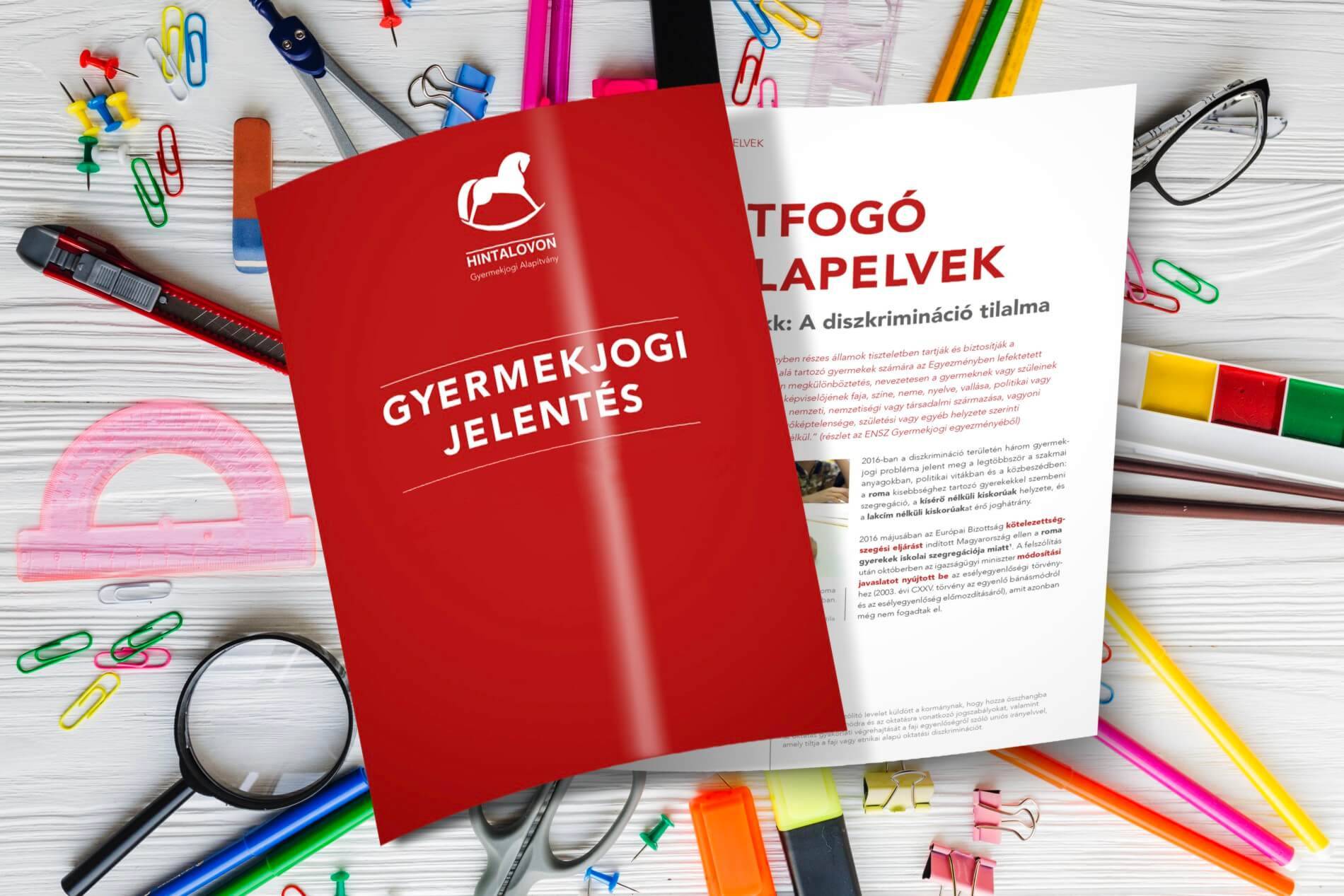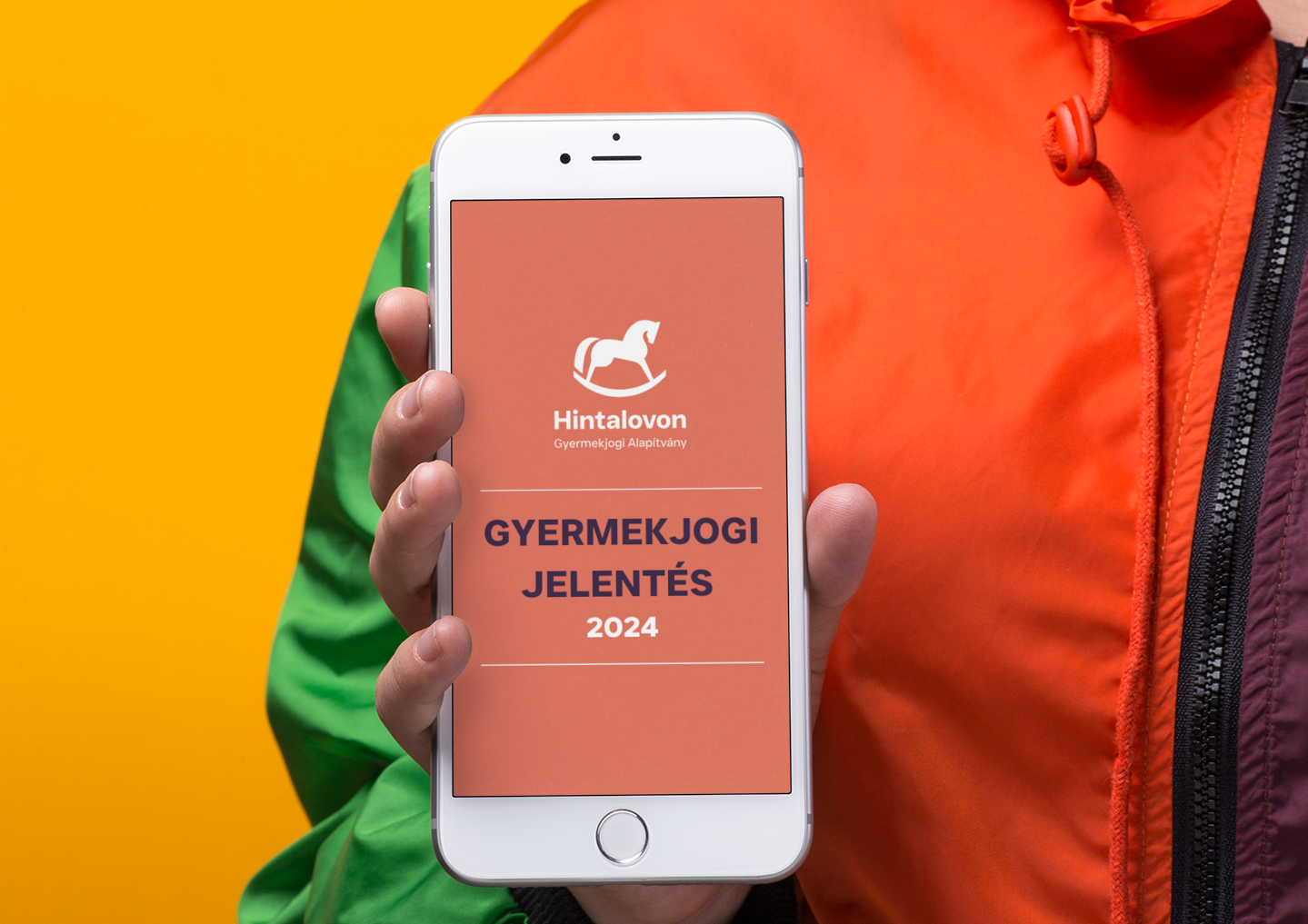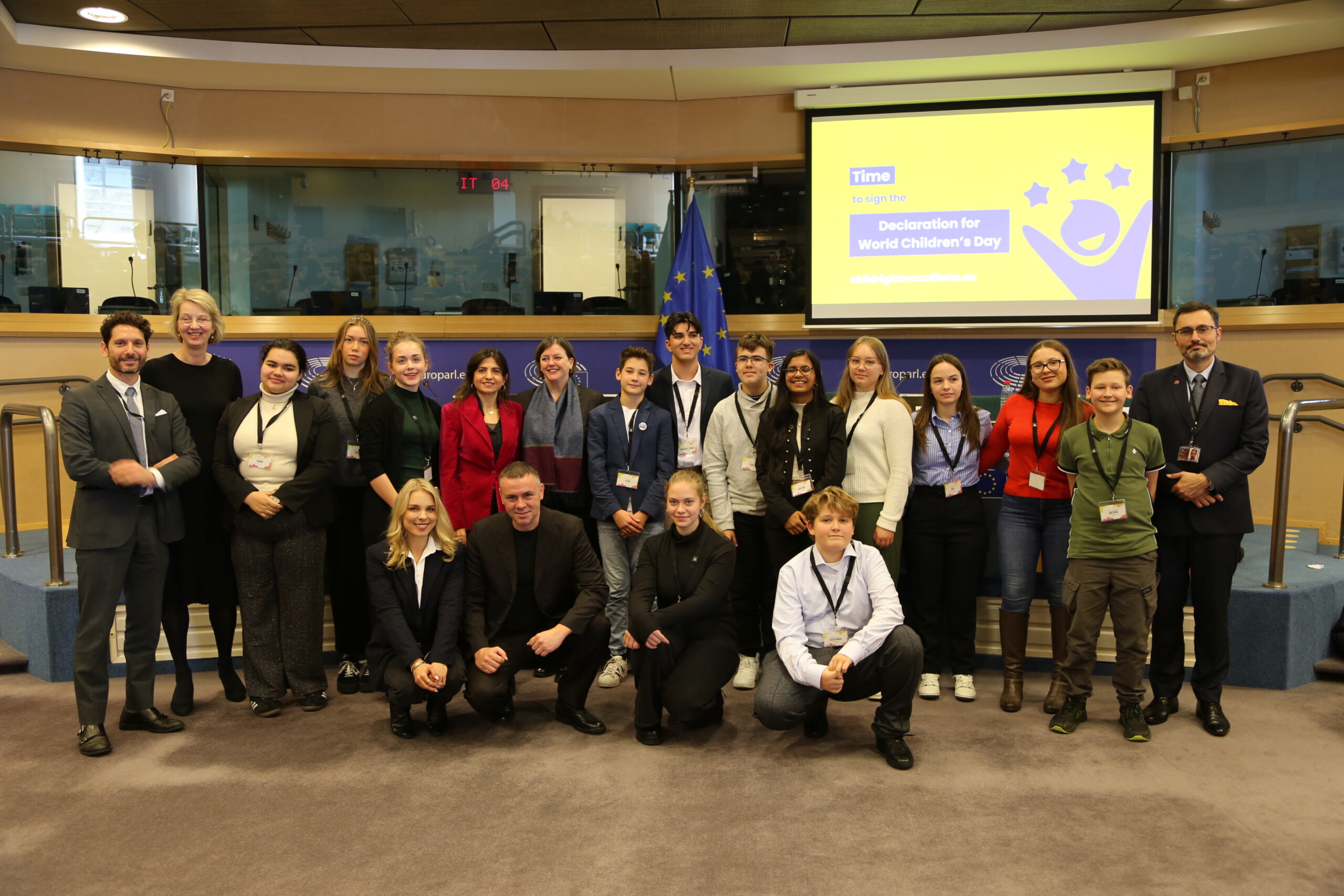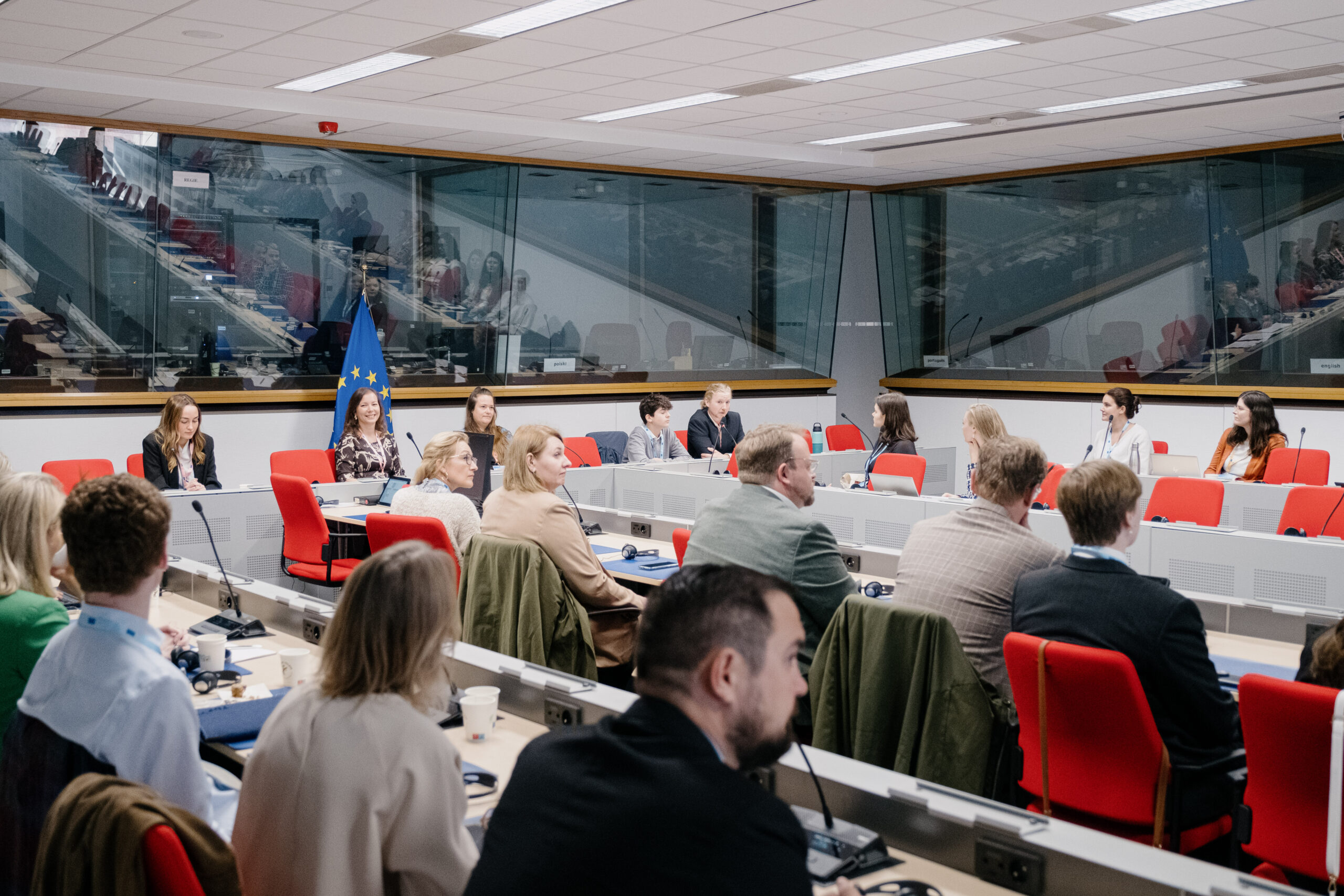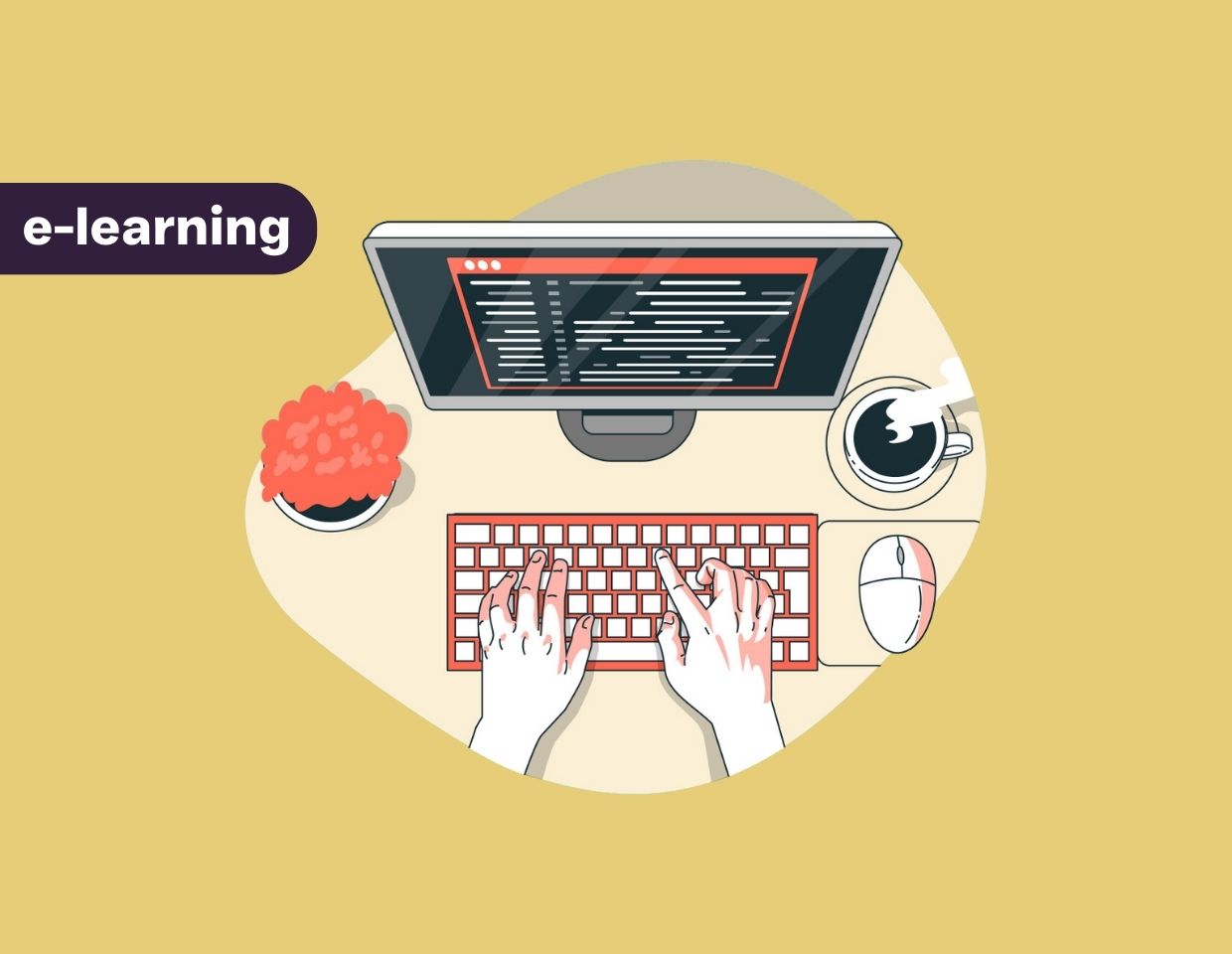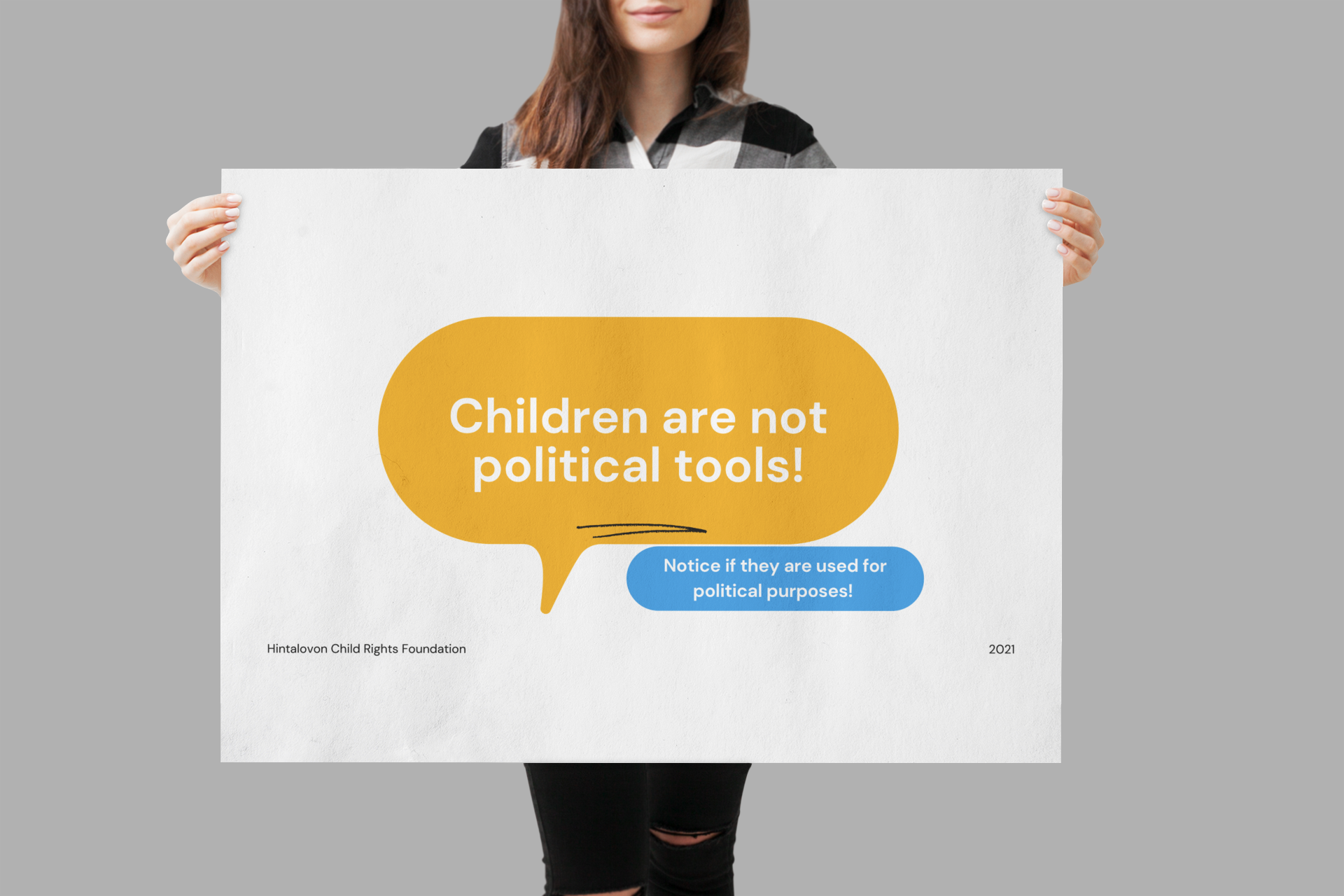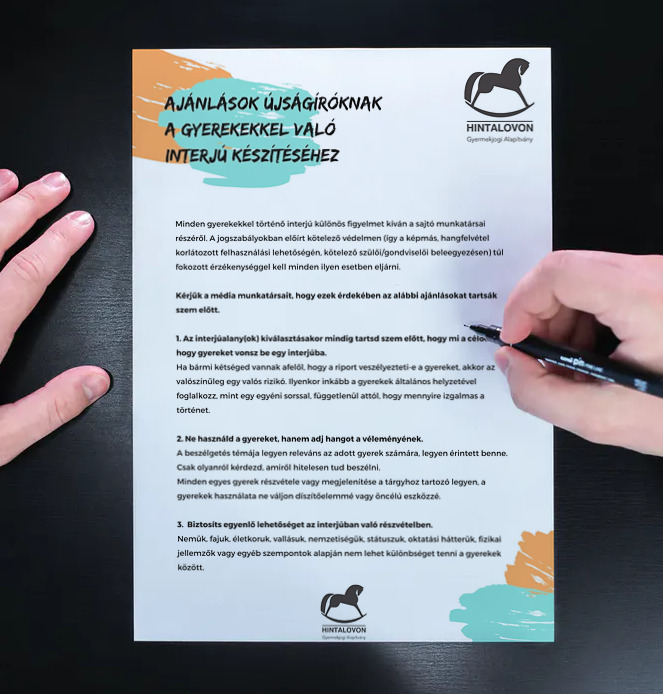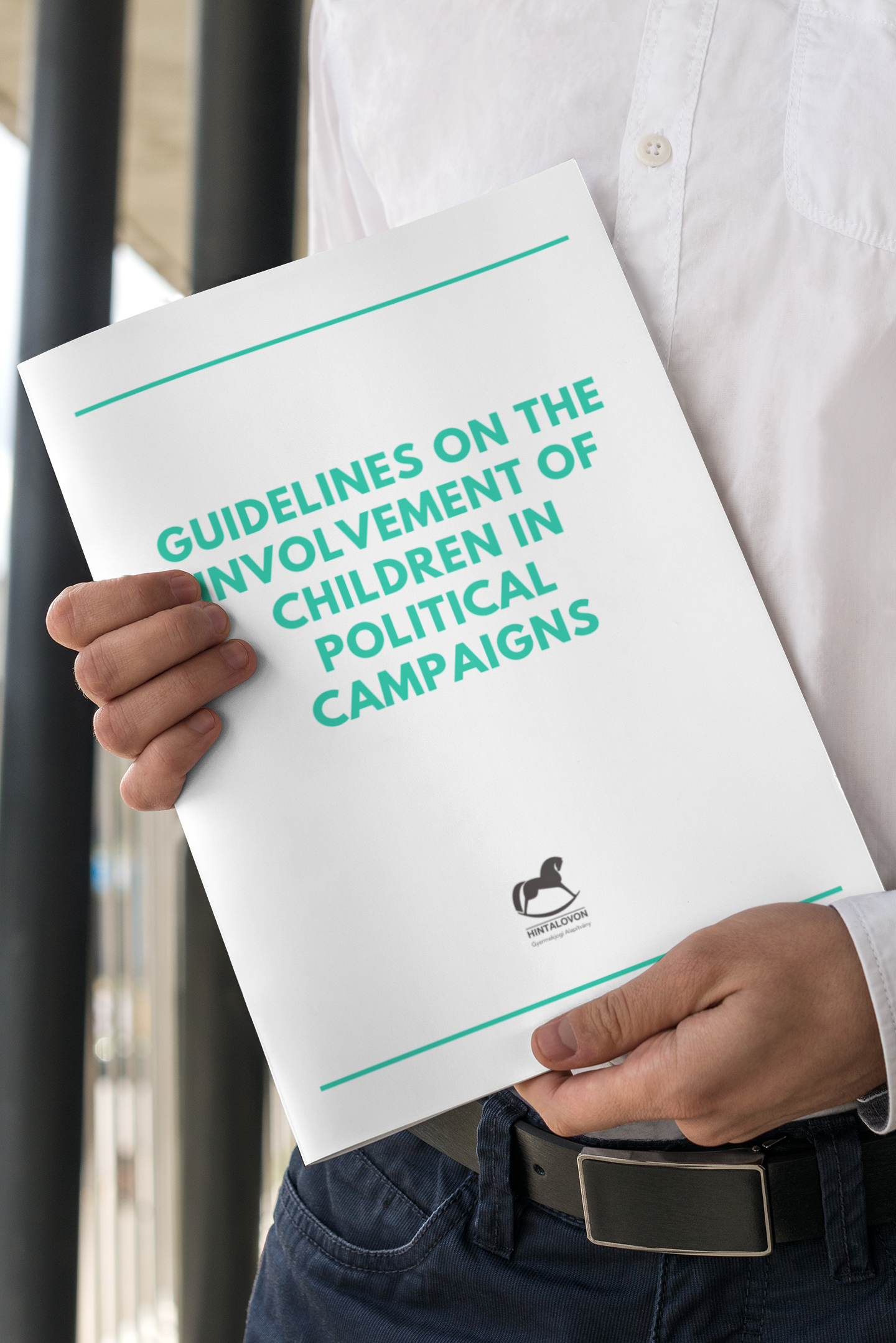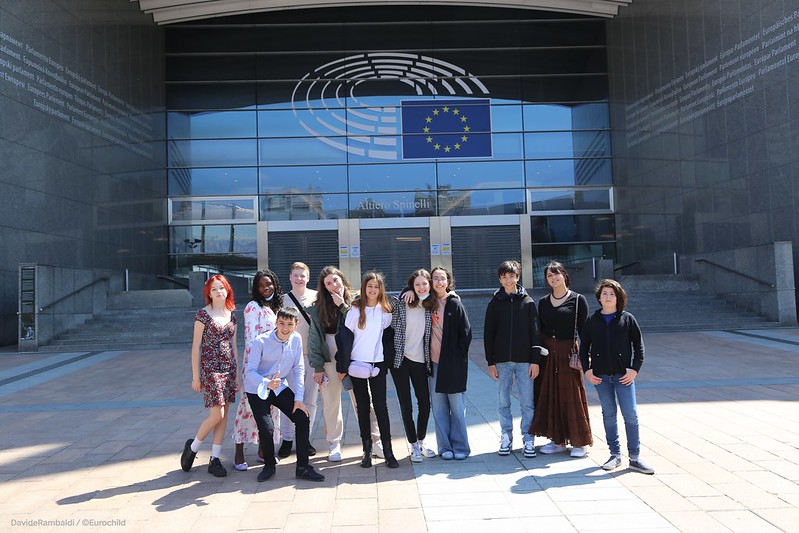2018 was the Year of the Family, with the intention of increasing support and attention for families.
The family-centered communication boomed, but it had a certain base. The tax relief for families increased, childcare benefit extra was broadened, the rules of eligibility changed, new forms of nurseries were introduced – to mention only a handful of the many measures.
It can generally be said that there are families and groups of children who benefit from the increased attention and allowances, however, there still are ‘the invisible’. Among the 1.8 million children aged 0-18, there are children living in poverty, children of unemployed parents, children under psychiatric care, children with chronic sickness, special educational needs or learning disorders, victims of abuse and children without a valid address who may have benefited little from the measures in 2018.
The Year of the Family was not only about how much the state spends on welfare and how the resources are allocated, but also a public debate began on what makes up a family. Is it marriage between a man and a woman or are there other forms of family supported by the state? The United Nations Convention on the Rights of the Child (UNCRC) accepts that “family” refers to a variety of arrangements that can provide for young children’s care, nurturance and development, including the nuclear family, other traditional and modern community-based arrangements, provided these are consistent with children’s best interests.
Therefore, from a child’s rights perspective, it is clear that the concept of family is flexible. It is centred around the child and it has to include all that provides the trust, bonds, attention, responsibility, nurturance and education for the child. But what is the current state of play for divorced parents in Hungary? How does the adoption system work? How does the state fulfill its duty vis-a-vis children separated from their families and living under state care?
All the events of 2018 highlight that responsible care for children is not only a “quantitative” question, rather a “qualitative” one. The increase in the number of births and encouraging parents to have (or to have more) children is not enough per se: from obstetricians to pediatricians and teachers, a sufficient number of professionals and quality institutions has to be made available for children and their parents. Likewise, it is vital that the system is not only prepared for healthy pregnancies and ‘unproblematic’ children, but also for those instances that fall far from ideal.
When talking about children’s rights, we always talk about the needs and best interests of the child. Therefore, child rights is a point for world-view, rather than a political or ideological issue.
The Child Rights Report of 2018 supports that view, by showing what presently, as well as in the long run, serves the best interests of child
